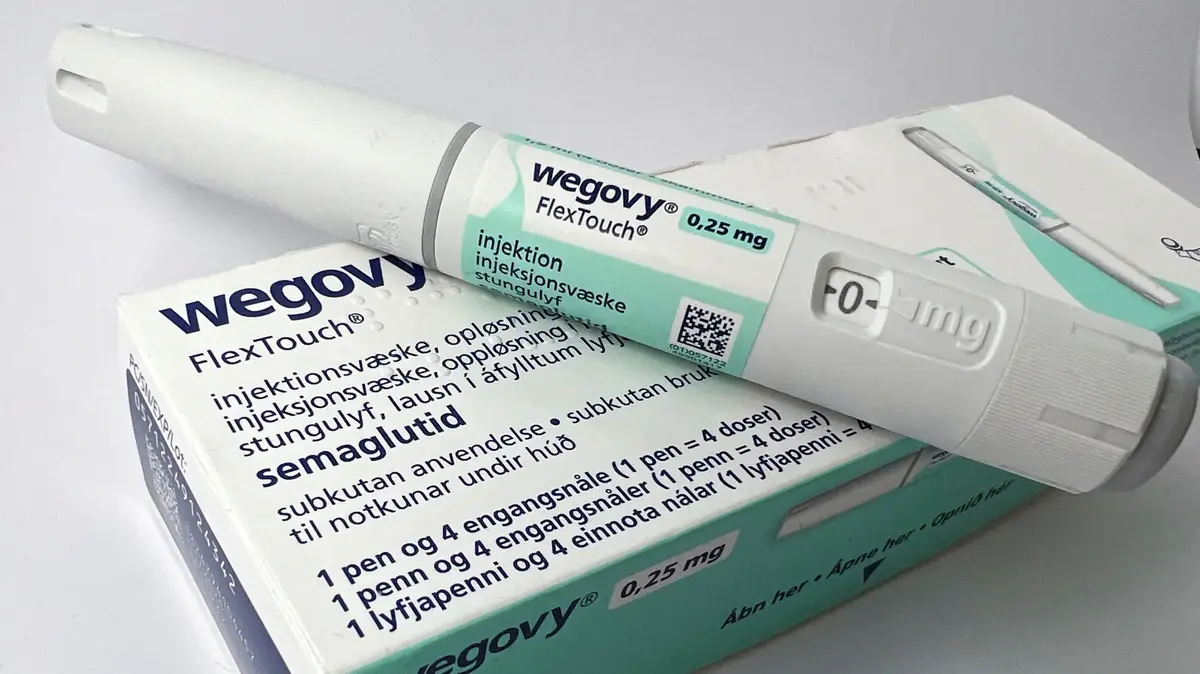Turkish coffee, a rich cultural heritage 1:10
(CNN) -
Drinking up to three cups of coffee a day can protect your heart, according to a new study.
Among people who have not been diagnosed with heart disease, regular coffee consumption of 0.5 to 3 cups a day was associated with a lower risk of death from heart disease, stroke, and premature death from any cause compared to non-coffee drinkers.
The study, presented Friday at the annual meeting of the European Society of Cardiology, examined the coffee-drinking behavior of more than 468,000 people taking part in the UK Biobank Study, which houses in-depth health and genetic information on more. than half a million Britons.
Does apple cider vinegar help you lose weight?
0:44
Adds to previous research
It's another home run for coffee drinking.
Studies found that drinking moderate amounts of coffee can protect adults from type 2 diabetes, Parkinson's disease, liver disease, prostate cancer, Alzheimer's, back pain caused by computer use, and more.
When it comes to heart disease, a large data analysis from three major studies published in April found that drinking one or more cups of caffeinated natural coffee a day was associated with a reduced long-term risk of heart failure.
advertising
Compared with people who did not drink coffee, the April analysis found that the risk of heart failure fell by 5% to 12% over time for every cup of coffee consumed each day in two of the studies.
But when people drank two or more cups of black coffee a day, the risk dropped by about 30%, the analysis found.
Black coffee may be good for your heart, studies show
"The association between caffeine and reduced risk of heart failure was striking," said lead author Dr. David Kao, medical director of the Colorado Center for Personalized Medicine at the University of Colorado School of Medicine, in April. in Aurora.
"The general population tends to consider coffee and caffeine to be 'bad' for the heart because people associate them with palpitations, high blood pressure, etc. The constant relationship between increased caffeine consumption and decreased risk of heart failure flips that assumption, "Kao said in a statement.
In the April study, the benefit did not extend to decaffeinated coffee.
Instead, the analysis found an association between decaffeinated coffee and an increased risk of heart failure.
Coffee doesn't cause palpitations, according to a new study
Heart failure occurs when a weakened heart does not supply enough blood to the body's cells to obtain the oxygen necessary for the body to function properly.
People with heart failure experience fatigue and shortness of breath and have trouble walking, climbing stairs, or performing other daily activities.
"While causality cannot be proven, it is intriguing that these three studies suggest that drinking coffee is associated with a lower risk of heart failure and that coffee can be part of a healthy dietary pattern if consumed alone, with no added sugar or high-fat dairy products like cream, "said registered dietitian Penny Kris-Etherton, immediate past chair of the Leadership Committee of the American Heart Association's Council on Cardiometabolic Health and Lifestyle, in a statement.
She did not participate in the investigation.
A little bit of caution
All of these studies were conducted on black coffee.
However, many people add dairy products, sugars, flavors, or non-dairy creams that are high in added calories, sugar, and fat.
That likely eliminates any heart health benefits, the AHA cautions.
One additional caveat: In most studies, a cup of coffee weighs only 8 ounces, about 236 milliliters.
But the standard "large" cup in the cafeteria is 16 ounces, which is about 473 milliliters.
Coffee is practically a health food: myth or reality?
The way you prepare your coffee also has health consequences.
The filtered coffee traps a compound called cafestol that exists in the oily part of the coffee.
Cafestol can increase your bad or LDL (low-density lipoprotein) cholesterol.
However, if you use a French press, a Turkish coffee pot, or boil your coffee (as is often done in Scandinavia), the cafestol is not removed.
And some people need to be careful about coffee consumption, research has shown.
A 2017 study found that drinking more than 4 cups a day during pregnancy has been linked to low birth weight, preterm labor, and stillbirth.
People with trouble sleeping or uncontrolled diabetes should consult with a doctor before adding caffeine to their diets, experts say.
Coffee also increases the likelihood of bone fractures in women who are at risk.
In men, however, coffee had no such effect.
And finally, the benefits of coffee don't apply to kids - even teens shouldn't drink colas, coffees, energy drinks, or other beverages with any amount of caffeine, according to the American Academy of Pediatrics.
Experts Recommend a Whole Grain Diet 0:49
Drink coffee












